Read and Learn More About Pests
What Exactly Is "Integrated Pest Management?" The thought process behind IPM is that through careful planning and management of your home garden and lawn you can keep pests at bay, preferably without using chemicals or pesticides. Beginning in the 1990s, Integrated Pest Control has now become a guiding tenant of many homeowners’ lawn maintenance routines. True IPM plans call for little or no use of pesticides. The goal of a successful management plan is to eradicate and prevent pests using more natural, sustainable methods. These methods include cultural controls, biological controls, and physical controls.
The thought process behind IPM is that through careful planning and management of your home garden and lawn you can keep pests at bay, preferably without using chemicals or pesticides. Beginning in the 1990s, Integrated Pest Control has now become a guiding tenant of many homeowners’ lawn maintenance routines. True IPM plans call for little or no use of pesticides. The goal of a successful management plan is to eradicate and prevent pests using more natural, sustainable methods. These methods include cultural controls, biological controls, and physical controls.
Cultural controls are focused on planning for prevention; homeowners are encouraged to choose pest-resistant plants and know what their yard is most susceptible to. This can include seasonally clearing underbrush and removing dead plants, too, if necessary to keep bugs out.
Biological controls mean using natural predators to clear an area of pests. This can mean purchasing ladybugs to rid an aphid infestation or spiders to kill nesting insects. There are a wide variety of applications of biological controls, none of which include the use of chemicals or pesticides.
Finally, physical controls are more human-centric, meaning they have to be employed by the homeowner directly. An example would be a gopher trap for rodent pests or the placement of a screen around a garden to keep pests out. Physical controls require constant attention and a high level of specificity.
While Integrated Pest Management has shown great results in some parts of the country, the holistic method of lawn care and pest management does have pitfalls. Some pests can easily be controlled using the three suggested IPM methods but some infestations are too severe or involved to avoid the use of pesticides in treatment. Additionally, many participants in IPM studies complain they have neither the time or patience to put in the work required to sustain a successful IPM plan.
One solution may be to encourage lawn care and pest control management companies around the US to include more IPM strategies in their treatments. Many companies already use some version of an integrated plan to keep homes pest-free so it’s important to check with your local pest control provider if you want to know more about your commercial options.
More Pest Control Solutions
Read Reviews
Read reviews by other customers like you.
Research
Tips and articles to help you select a pest control provider.
Find Providers
Find a qualified pest control provider in your area.

